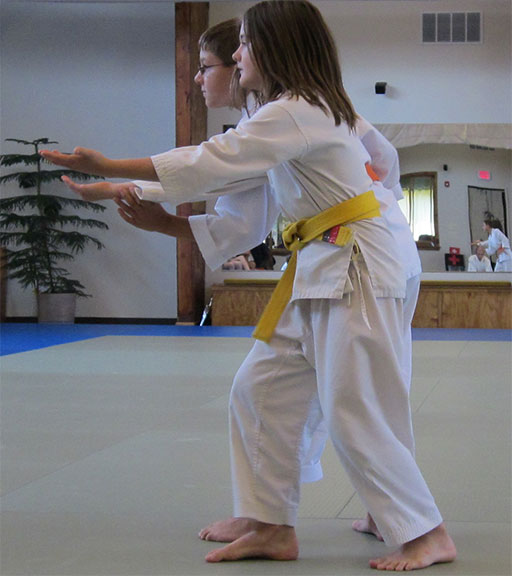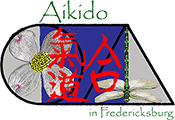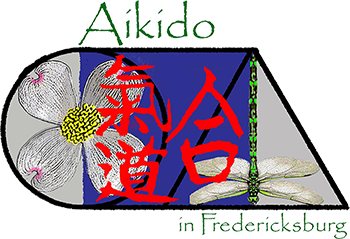
Aikido provides children with a noncompetitive athletic activity. Our students perform at various levels of proficiency and progress at their own rate. Every child can progress and feel a sense of accomplishment. This allows a child to gain confidence in his or her own abilities while learning to deal effectively with peers and adults. Aikido teaches many lessons beyond self-defense. Aikido fosters self-esteem, confidence, discipline, patience, respect, courage, and perseverance without aggression.
Activities in the Kids Classes are designed to enhance a child’s communication, cooperation, and self-discipline skills as well as teach self-defense without aggression.
Life Skills Learned in Aikido
Self-Confidence – It doesn’t come naturally for many children, but rather is developed over time. As a child accomplishes new goals, his or her confidence level increases. Children become more self-confident via Aikido because they progress individually and at their own rate. They are not judged by others. They are taught all the basic skills they need to progress.
Self-Defense – Children’s self-defense takes many forms. Our program teaches kids to think, explore options, and get out of harm’s way, instead of panic.
Better Grades – Aikidoists learn skills such as following directions, paying attention in class, and focusing. This helps them become better students in school.
Every Child Wins – In Aikido, children are taught to reach for their own potential rather than competing directly against other kids. There are no benchwarmers in Aikido!
Coordination – Aikido challenges the entire body by developing mind and body coordination, balance, and agility. These skills, which are sometimes neglected in many team sports, are cultivated on the mat.
Fun – Aikido lessons are a dynamic and challenging approach to the martial arts. It is accessible for children who are athletic or not, energetic or calm, awkward or confident, shy or assertive, nice or maybe even a little wild once in a while!
Parents are welcome to train with their children. It’s amazing the good that can come from families’ sharing a hobby like Aikido.
Aikido in Fredericksburg offers three levels of Kids Programs:
- The Children’s Class is generally suggested for youth ages 6-12.
- Those 10 years and up may be better suited to the Youth Class.
- Youth with special needs may be better suited for the Specials Class.
There is no strict age limit. For safe practice, the classes are divided for like sizes and maturity levels. We would love to meet your child and find the best fit for him or her. Click here to schedule a free trial class to see if Aikido is right for your child.
The Children’s Class meets twice a week for 50 minutes. The session begins with a check-in. Each child has a chance to practice speaking and listening. This fosters a sense of calm and concentration before practice. Class includes warm-ups, self-defense techniques, and a game that helps develop strength, flexibility, and concentration skills. We strive to teach to the level of the class on a given day. The goal is to balance discipline, challenge, education, and fun.
The Youth Class meets twice a week for 60 minutes. The format blends aspects of the Children’s and Adult classes in a manner that is best suited to those of this age group. As their maturity and Aikido skill develops, jo and bokken (Aiki-weapons) training is added. Training helps students define their own personal boundaries and become more comfortable in the world around them. Teens may also be invited to practice in certain Adults classes.
The Specials Class meets once a week for 60 minutes. It is structured for special needs youth, such as those with autism or Down syndrome.
Many homeschoolers participate in our programs. The classes complement homeschool curricula in a structured, yet creative environment. Aikido training provides physical education in a social setting and enhances communication, cooperation, and discipline skills.
A study by the University of Mary Washington of one of our special classes taught for Spotsylvania County Schools concluded that “there is a general correlation between cumulative Aikido training and behavior score”.

